The anecdotal evidence of my own Facebook feed tells me that a lot of people don’t know what “free speech” actually means. “PC culture” isn’t trampling on your right to free speech. Milo Yiannopoulos’s rights to free speech aren’t being violated if UC Berkeley or UC Davis cancel his speech. Your rights to free speech aren’t being violated if you’re banned from a web forum or fired from a job for your politics or your racist opinions.
I have bad news for some of you: your “right to free speech” is probably a way less robust legal protection than you think.
Let’s start with what it doesn’t mean:
For starters, free speech isn’t unrestricted.
There are “content neutral, narrowly drawn” constitutional restrictions to free speech. These fall into time, place, and manner limitations that are examined on a case-to-case basis, irrespective of the message of the speech, and intended to protect other fundamental rights of other people.
In other words, your free speech may not be protected if it interferes with other peoples’ lives. This means that you may not have a constitutional right to block highway traffic, for example, or protest in the middle of the night, if there are alternative ways of getting your message across, like protesting on the sidewalk or during the day.
Free speech (sometimes) doesn’t mean hate speech.
In general, hate speech is almost always protected by free speech laws—indeed, the United States is unusual in that sense. However, the constitution does specify that “fighting words,” or “words which would likely make the person whom they are addressed commit an act of violence,” are excluded from free speech protections.
In practice, this means that you are constitutionally protected if you print hate speech on a picket sign, but no longer protected if you hurl racial slurs and insults at someone in person. Similarly, slander, libel, and defamation are not protected by the first amendment.
Free speech does not mean there won’t be consequences.
The government can’t interfere with your right to free speech, but I can. With some exceptions, you can legally be fired for expressing your first amendment rights. Your products can be removed from stores. You can be banned from businesses and public spaces, have your club memberships revoked, and be disinvited from speaking or performing somewhere.
You just can’t be arrested.
Free speech does not mean a guaranteed platform.
You may have the constitutional right to say what you want, but you don’t have the right to say it in my house. You don’t have the right to say it on television, in a Starbucks, or in a university. You can say it in a book, but nobody has to publish it. You can write about it in a blog, but Facebook can take it down if they want to. You can say it on the street, but only if you’re not infringing on others’ rights.
You have the right to (mostly) say what you want, but I have the right not to give you a space to say it.
Constitutional vs Social Free Speech
There are actually two “kinds” of free speech, and this might explain some of the confusion about the breadth of the “right to free speech.” The first kind is the legal, constitutional right to free speech. This is what people are referring to when they talk about their “inalienable rights” to free speech.
Congress shall make no law respecting an establishment of religion, or prohibiting the free exercise thereof; or abridging the freedom of speech, or of the press; or the right of the people peaceably to assemble, and to petition the government for a redress of grievances. Amendment I
That’s it. That’s all there is: the promise to make no law abridging the freedom of speech or religious exercise. The prohibition is against government action. Private citizens and businesses can not violate constitutional amendments. And again for everyone in the back: private citizens cannot violate constitutional amendments. If you wanted to open a lawsuit claiming that a company violated your “right to free speech,” you’d have to show that the government was somehow responsible.
If you think you have, or ought to have, a broader right to speak your mind, you’re thinking of something more like “social free speech.” By this I am referring to the collective, unspoken social agreement in the United States (and other ideologically similar nations) that people should be allowed to express unpopular opinions in the interest of diversity of thought and culture. I think this is a great agreement, but it is not a right.
There are very few laws that protect you from discrimination and censorship by private citizens for speaking your mind. If you’re not sure whether or not you are protected from discrimination, you probably aren’t.
Free Speech, Censorship, and Discrimination
If I’m your employer, I can fire you for saying something racist or, with some exceptions, because I don’t like your politics. This is not illegal discrimination.
If I run a university, I can ban you from speaking at it because I don’t like what you have to say. This is not censorship.
If I own property, I can throw you off for any reason at all. This is neither illegal discrimination nor censorship.
Private citizens and businesses are broadly allowed to discriminate unless a law specifically prohibits it. The equal protection clause of the Fourteenth Amendment makes it illegal for the government to discriminate on the basis of race, sex, ethnicity and national origin. Civil rights laws do prohibit private discrimination against these protected groups, most commonly in employment, housing, schools, landlords, and “public accommodations” like hotels or restaurants. Most of these protections have been expanded to include religion, age, pregnancy, citizenship, and veteran or disability status. Again, these areas are exactingly specific and do not include political beliefs.
If you are being criticized or punished for anything other than these specially protected categories, you’re not being legally discriminated against. Sorry.
Free Speech and Tolerance
Our constitutionally protected right to free speech is one of the most beautiful protections of our legal system. And the cultural extension of “free speech” has transformed our universities, libraries, media and other spaces of dialogue into places of truly diverse thought and intellectually challenging rhetoric that pushes our country forwards.
But it’s important to recognize where “rights” end and “tolerance” begins, which is what you could call “social free speech” when people disagree with you but listen to you anyway. The social construct of tolerance is just as American as the idea of free speech, and it also encompasses my right not to have to listen to you saying intolerant things. This is why political correctness isn’t trampling on your “right to free speech”.
America says you have the right to say most of the hateful things you want, but also says we all have the absolute right to shut you up.
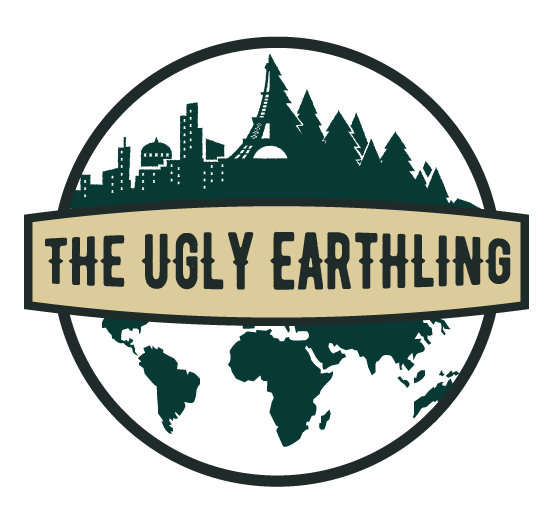
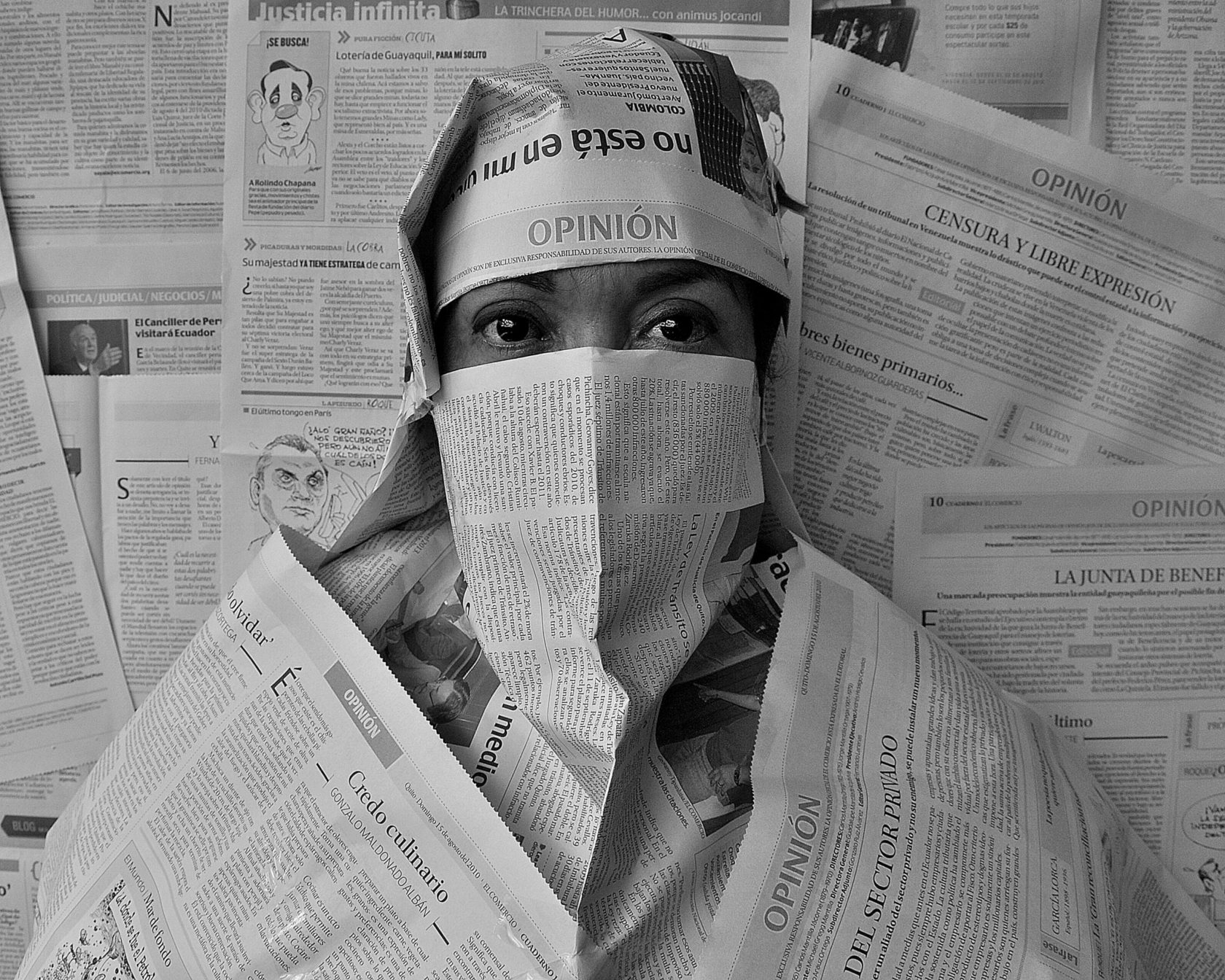
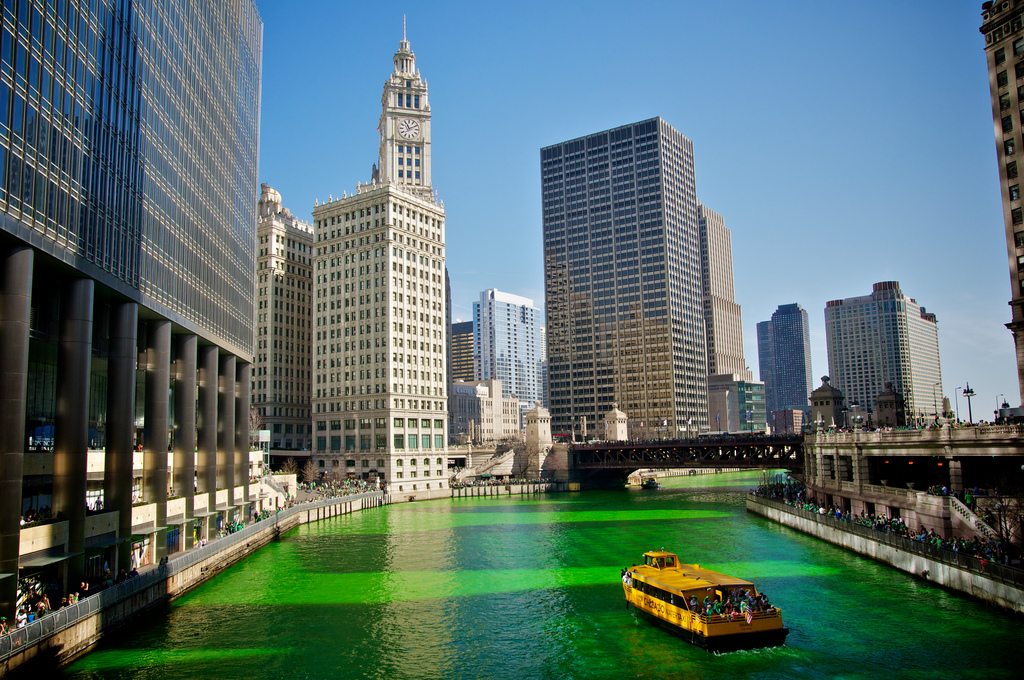
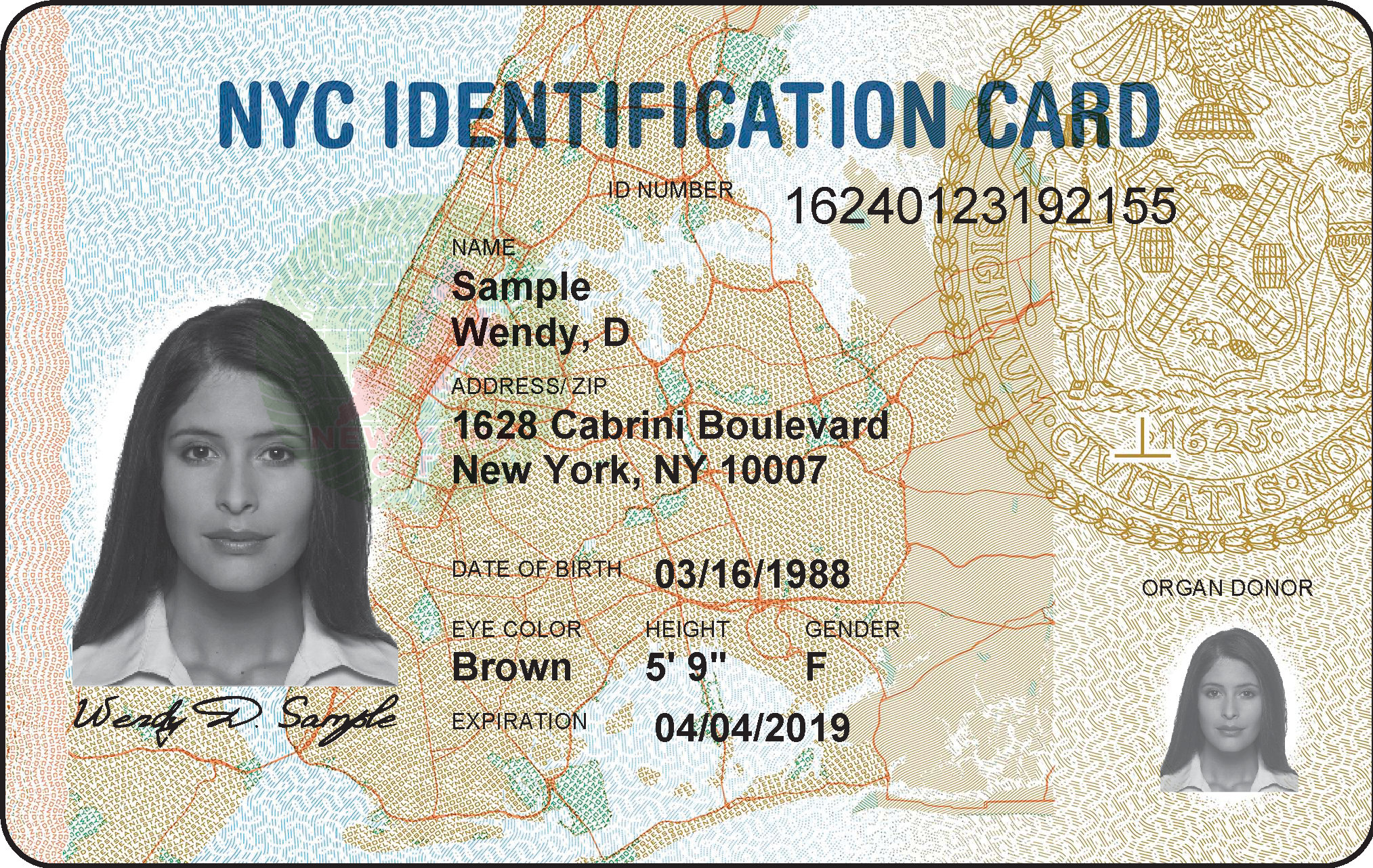
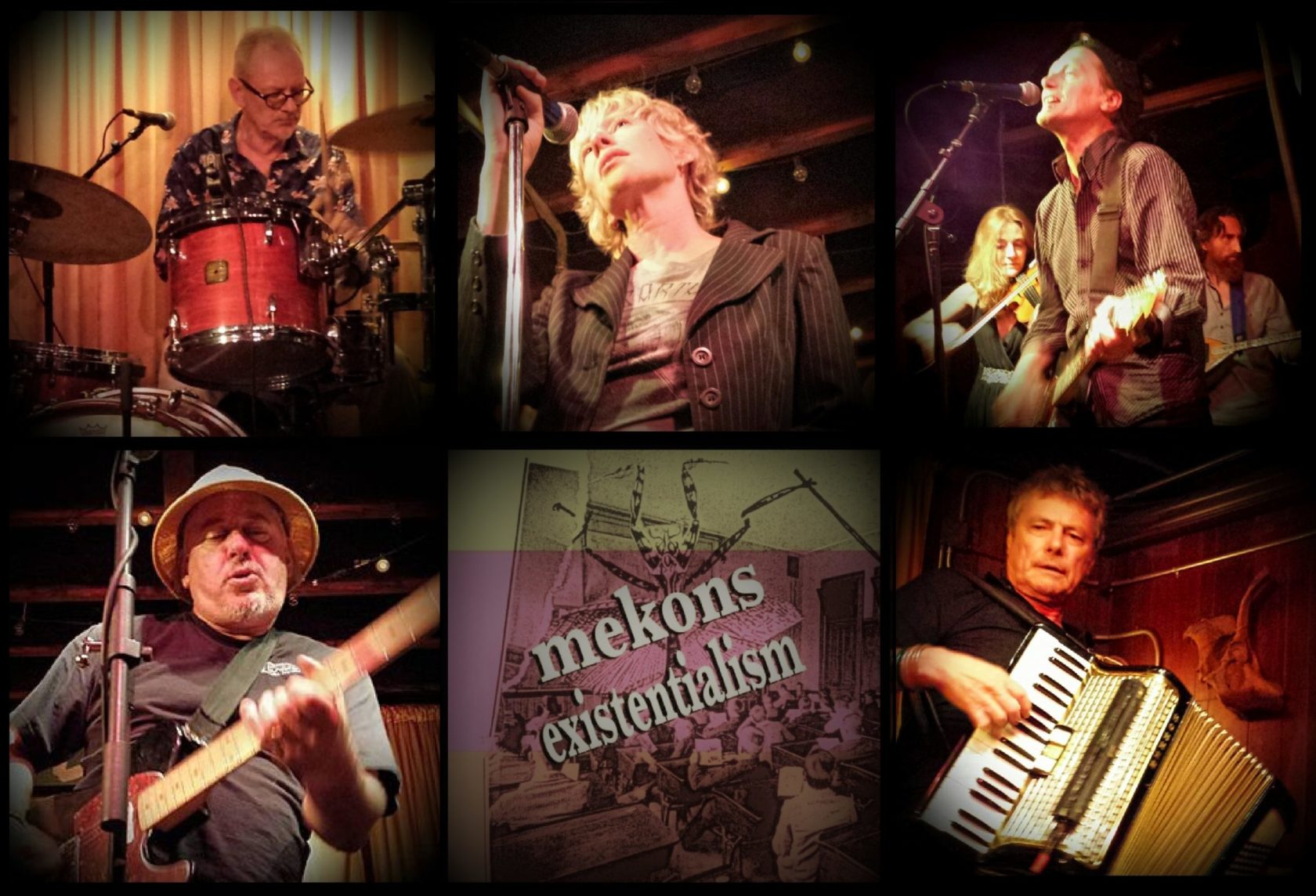

I’m still learning from you, while I’m improving myself. I definitely enjoy reading everything that is posted on your website.Keep the tips coming. I enjoyed it!
I am typically to blogging and i actually recognize your content. The article has really peaks my interest. I am going to bookmark your site and keep checking for brand new information.